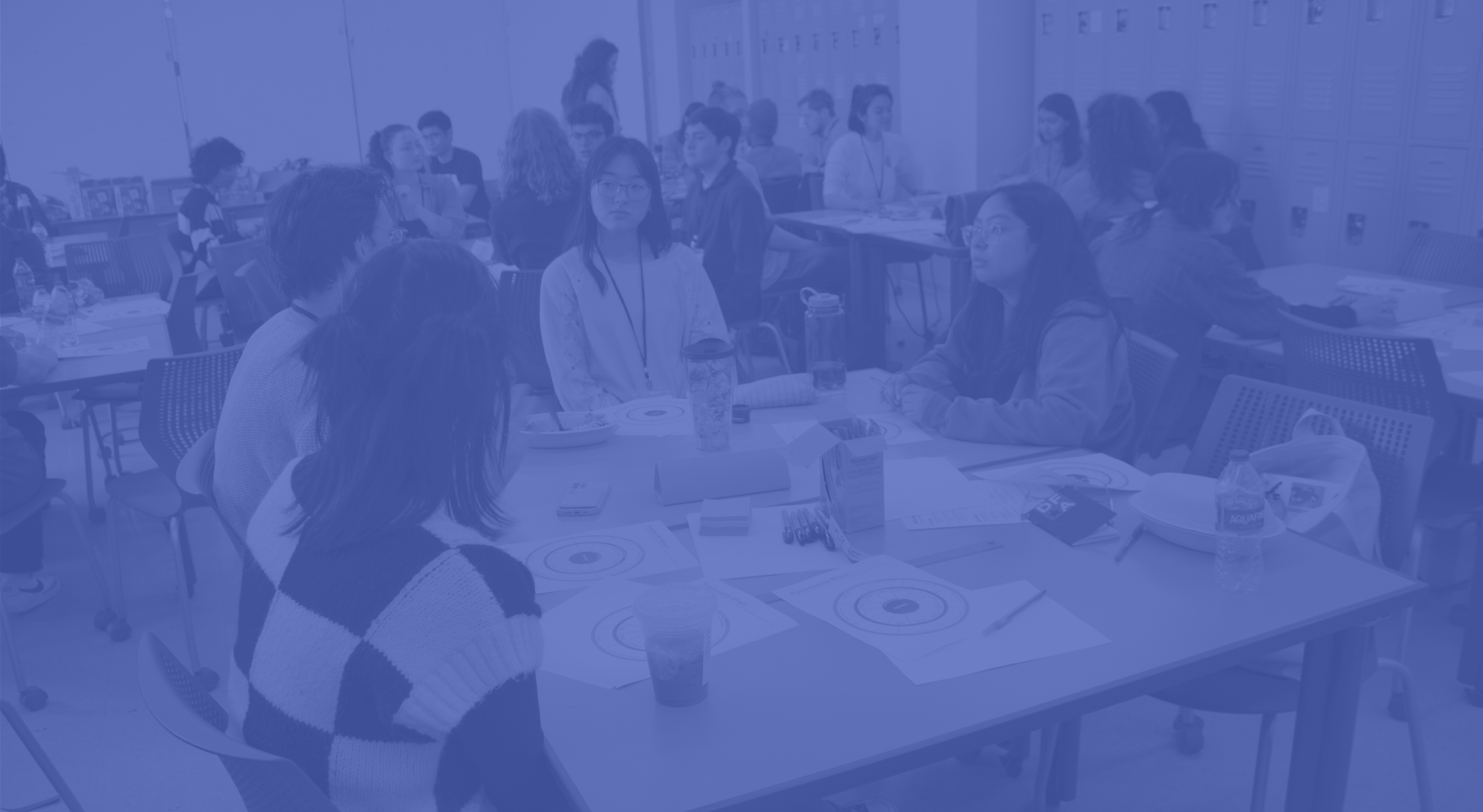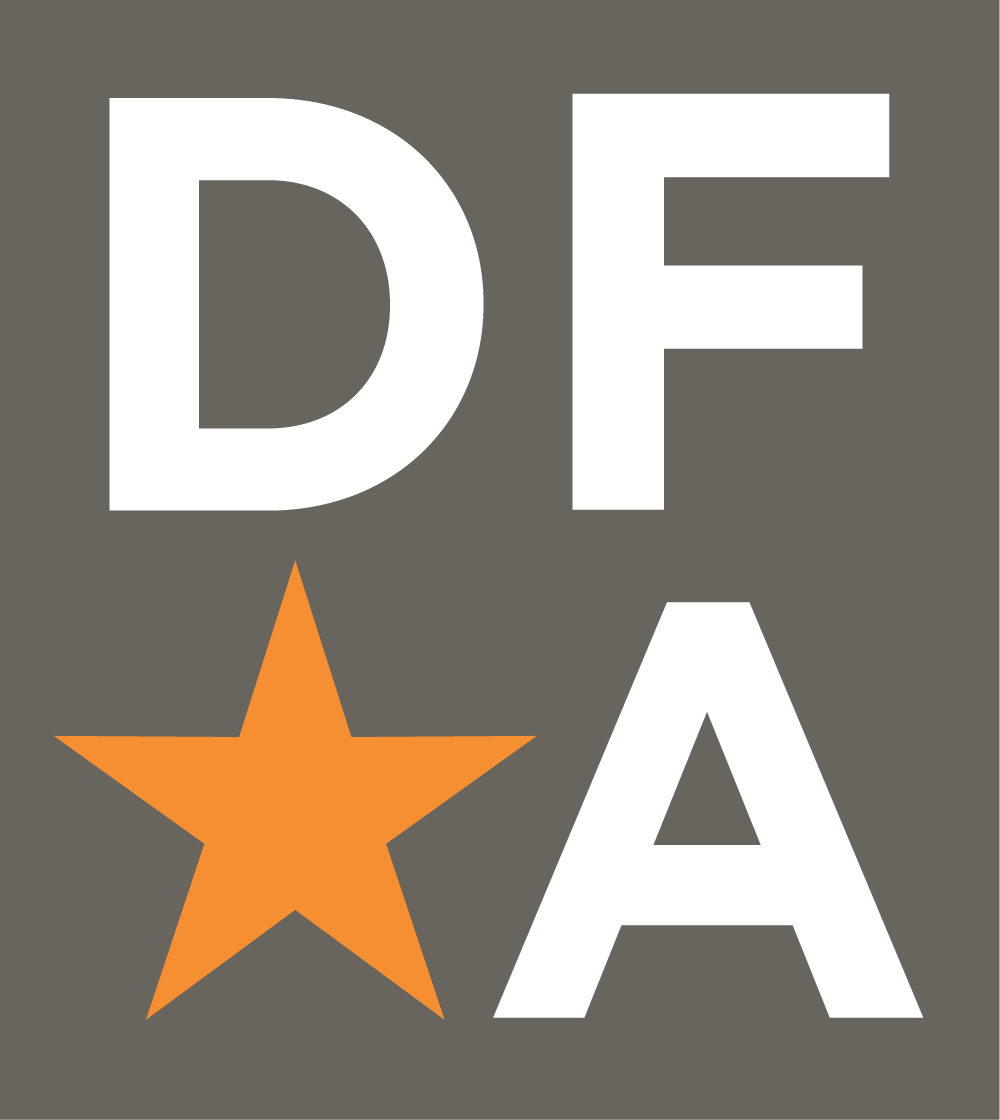
Launch a DFA Studio
Steps for Launching a Studio
-

Build a Foundation
Recruit a team of 2-4 students and a faculty mentor, then build your skills in design and studio leadership.
-

Plan a Launch
Create a design education plan, set studio goals, and scope your first project.
-

Pilot a Design Project
Lead new studio members through your first project with a community partner.
-

Share & Celebrate
Share learnings with your community partner and the DFA network via our Community Innovation Platform.
Benefits of launching a studio:
Building leadership skills and managing their studio operations
Becoming a community leader and organizer on their campus
Connecting with student and professional designers across the country
Launching FAQ
-
Launching your own studio begins with forming a team of 2-5 student leaders and 1-2 faculty mentors committed to building a DFA community. Next, the DFA National team will arrange a meeting with the core team to create a launch timeline and provide training in design and studio leadership skills!
-
The studio launching process is primarily undertaken by a team of undergraduate or graduate students with support from a faculty mentor. We welcome professors or students to reach out and learn more!
-
There is no financial cost to participate in the network.
-
A Student undertaking the launching process can anticipate spending 2-5 hours per week. The time commitment will be highest when you are recruiting new members, facilitating design education, and running your first design project, as well as the period when you recruit and onboard new leaders.
A Faculty Mentor’s time commitment varies, though most mentors meet with their student team at least 1 hour per month to check in and offer mentorship and guidance.
-
You do not need a permanent physical space to participate in DFA - your team is your “studio!” We do recommend finding a space to host regular meetings and design sprints, like your school library or a trusted classroom.
Success Story: Rutgers University
The DFA studio at Rutgers completed the launching process in January 2023 after recruiting 52 new members and completing a food insecurity project with 8 teams.
The Rutgers team collaborated with other Northeast studios—Yale, NYU, and Barnard|Columbia—to plan and host the inaugural Northeast Meetup, where attendees completed a design sprint on building sustainable studio relationships. The studio also invited Senior Service Designer at Spotify, Grace Kwon, to speak on Community Design theory and practice as part of a network-wide virtual speaker series.
Success Story: North Central College
DFA at North Central College is a standout example of a DFA studio adapting to a small college setting. The NCC studio has a strong sense of design culture and leads successful community projects. Leaders from DFA North Central continue to innovate and serve within the DFA network; co-founder and former Studio Lead Lindsay Gleason is part of the design education team for DFA’s 2023-24 Fellows Program, where she lends her leadership expertise to mentor students across the network.



